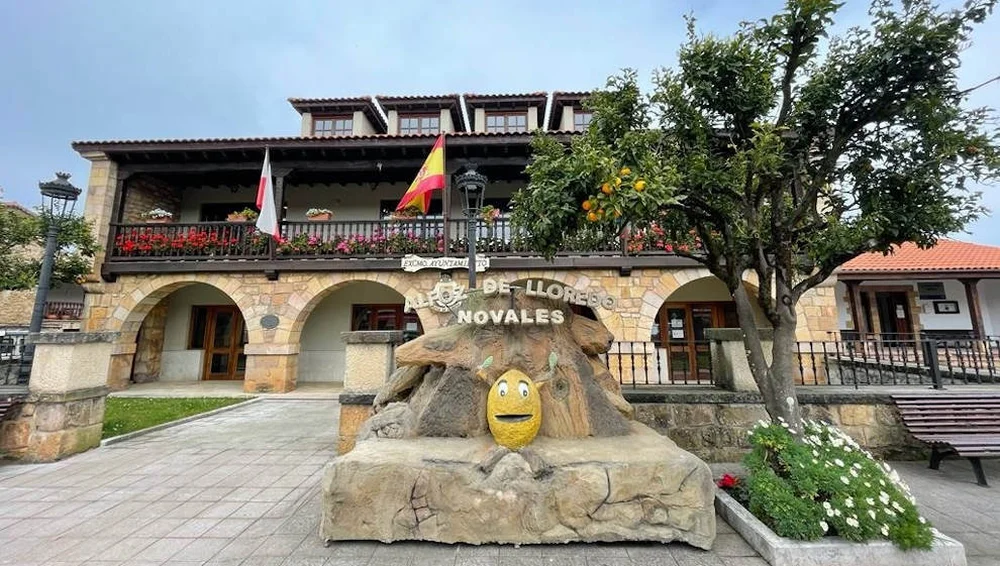Municipal Council to Subsidize Farmers for Using Mastiff Dogs to Protect Against Wolf Attacks in Saja-Besaya

In a significant move to address the escalating issue of wolf attacks on livestock, the municipal council of the Saja-Besaya Natural Park in Cantabria, Spain, has announced a new initiative to subsidize local farmers who use mastiff dogs to protect their herds.
The Problem of Wolf Attacks
The region of Saja-Besaya has been grappling with an increase in wolf attacks on livestock, causing substantial economic and emotional distress for local farmers. The presence of wolves, while important for the ecosystem, has led to numerous incidents where sheep, goats, and other farm animals have been killed or injured.
The New Initiative
To mitigate these losses, the municipal council has decided to provide financial subsidies to farmers who employ mastiff dogs as a deterrent against wolf attacks. Mastiff dogs, known for their size, strength, and protective instincts, have been successfully used in other regions to guard livestock against predators.
Implementation and Benefits
The subsidy program aims to support farmers in acquiring and maintaining these protective dogs. The initiative is expected to not only reduce the number of wolf attacks but also enhance the overall security and well-being of the livestock. This move is seen as a proactive measure to balance the needs of both the farming community and the conservation of wolves in the area.
Community Reaction
Local farmers have welcomed the initiative, seeing it as a practical solution to a long-standing problem. The use of mastiff dogs is viewed as a more humane and effective alternative to other methods of predator control, which can sometimes be controversial.
Environmental Considerations
The Saja-Besaya Natural Park is a protected area known for its rich biodiversity and natural beauty. The introduction of mastiff dogs as a protective measure is designed to be environmentally friendly and sustainable, ensuring that the ecosystem remains balanced while protecting the livelihoods of local farmers.
Future Outlook
As the program rolls out, the municipal council will monitor its effectiveness and make necessary adjustments. The success of this initiative could serve as a model for other regions facing similar challenges, highlighting the importance of collaborative and innovative approaches to managing human-wildlife conflicts.
Related Stories

Veterinarians Denounce Spanish Law for Endangering Animals
Spanish veterinarians criticize the Animal Welfare Law for failing to protect hunting dogs, exposing them to abuse and neglect, with protests planned to demand change.

How to Prevent Your Dog from Biting or Destroying Furniture: Essential Tips for Expats in Spain
Expats in Spain can prevent their dogs from biting or destroying furniture with training, exercise, and understanding their behavior.

Madrid Zoo Bids Farewell to Beloved Dolphins
Madrid Zoo mourns the loss of its cherished dolphins, marking a significant moment for both the zoo and its visitors, as they remember the animals' legacy and impact on marine conservation.

Concerns in Valdeolea, Cantabria: Repeated Wolf Attacks on Livestock Now Include a Bear
Valdeolea, Cantabria faces a growing wildlife challenge as wolf attacks on livestock escalate, now joined by a bear, highlighting the struggle between conservation and farming.

Veterinarians in Spain Protest New Regulations on Animal Medications
Spanish veterinarians protest against new animal medication regulations, demanding reforms to improve their profession and animal welfare.